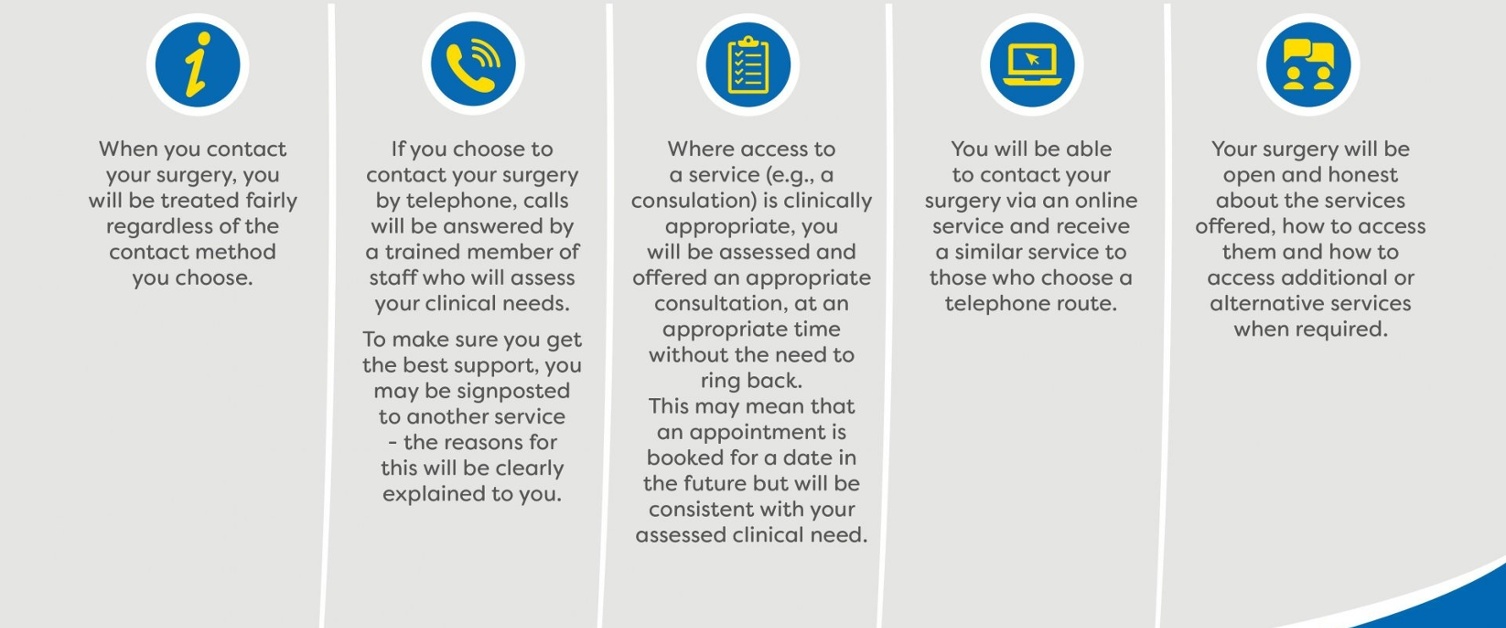Practice Policies

Violent or Abusive Behaviour
We have a zero tolerance policy with regards to any threatening, abusive or violent behaviour against any of our staff or patients. If a patient is violent or abusive, they will be asked to leave the premises and we may exercise our right to take action to have them removed, immediately if necessary, from our list of patients.
Patient Information
Protecting and Using Patient Information
We ask you for information so that you can receive proper care and treatment.
We keep this information, together with details of your care, because it may be needed if we see you again.
We may use some of this information for other reasons: eg to help us protect the health of the public generally and to see that the NHS runs efficiently, plans for the future, trains its staff, pays its bills and can account for its actions. Information may also be needed to help educate tomorrow’s clinical staff and to carry out medical and other health research for the benefit of everyone.
Sometimes the law requires us to pass on information, eg to notify a birth. The NHS Central Register for England and Wales contains basic personal details of all patients registered with a GP. The Register does not contain clinical information.
YOU HAVE A RIGHT OF ACCESS TO YOUR HEALTH RECORDS
EVERYONE WORKING FOR THE NHS HAS A LEGAL DUTY TO KEEP INFORMATION ABOUT YOU CONFIDENTIAL
You may be receiving care from other people as well as the NHS. So that we can all work together for your benefit we may need to share some information about you. We only ever use or pass on information about you if people have a genuine need for it in your and everyone’s interests. Whenever we can we shall remove details which identify you.
Anyone who receives information from us is under a legal duty to keep it confidential.
If you agree, your relatives, friends and carers will be kept up to date with progress of your treatment.
GMS Access Standards
|
The standards are:
Dyma'r Safonau:
|